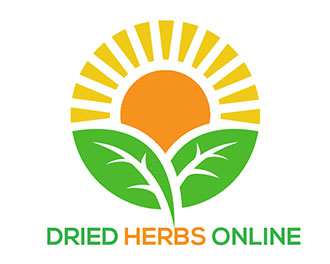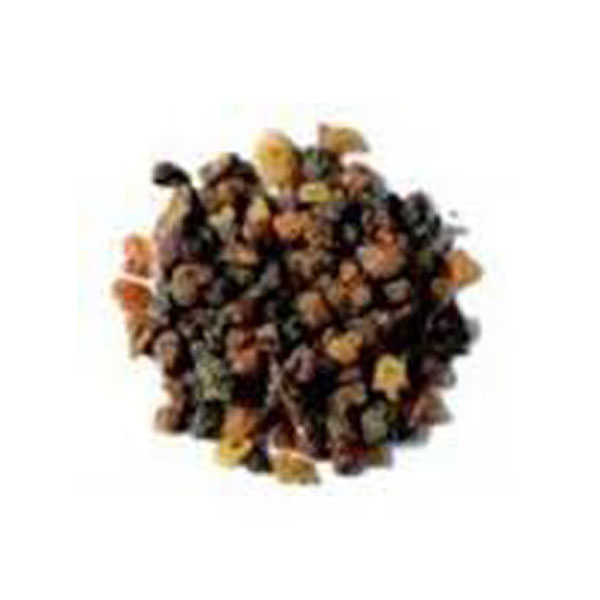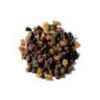Description
In Ancient Egypt, Myrrh was used to treat hay fever and herpes. The ancient Greeks used it as an antiseptic for soldiers to clean up battle wounds – myrrh was commonly carried into the battlefield.
Myrrh is known as a “blood mover”, meaning that it increases circulation, thereby getting medicinal qualities to tissues and acting as a purifier and a decongestant of tissues that are stagnant. Stagnant tissues are hot beds of inflammation and host to pathogens.
Its high percentage of essential oil causes it to be antibacterial and able to ease digestive issues. It is also an astringent-which causes it to tighten tissues and expel mucus. It is great for those with chronic lung or reproductive or mucous membrane problems.
Its antioxidant benefits have been published in the prestigious journal Food and Chemical Toxicology where it stated that myrrh was able to protect against lead induced hepato-toxicity. Authors of the study concluded that myrrh emulsion is a “powerful antioxidant” that can “protect against PbAc-induced hepatic oxidative damage and immunotoxicity by reducing lipid peroxidation and enhancing the antioxidant and immune defence mechanisms.
In simple terms they tried to poison something with lead and the Myrrh boosted the immune and protected the liver.
A group of Chinese researchers revealed that extracts of myrrh may be effective against human gynaecologic cancer cells. Their findings were published in the Journal of Medicinal Plants Research.
I commonly use it for teeth and gum infections, chest infections and topically on wounds and sores.



 Payments starting from $10.00 per week.
Payments starting from $10.00 per week.